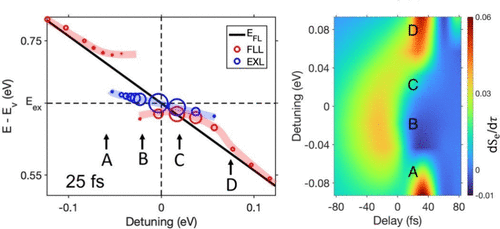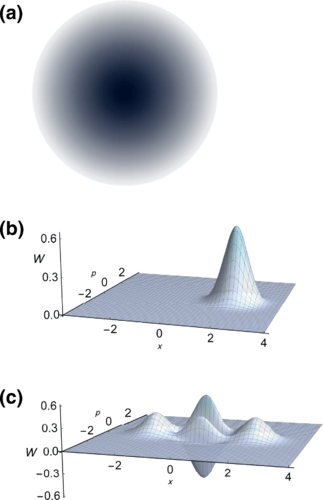Korean researchers from DGIST and UNIST have achieved a significant breakthrough in quantum information technology by discovering a novel quantum state called the exciton-Floquet synthesis state. The collaborative research team, led by Professor Jaedong Lee from DGIST’s Department of Chemical Physics and Professor Noejung Park from UNIST’s Department of Physics, has made groundbreaking progress in understanding and manipulating quantum information within two-dimensional semiconductors.
The research focuses on the unique properties of two-dimensional semiconductors, which differ substantially from traditional three-dimensional solids. These advanced materials demonstrate remarkable quantum coherence due to their distinct energy levels and weaker screening effects, making them exceptionally promising for quantum information device development. By employing time-resolved angular-resolved photoelectron spectroscopy, the researchers conducted theoretical calculations that unveiled the intricate mechanisms of electron behavior during exciton formation.
Their key discovery reveals the simultaneous creation of exciton and Floquet states, resulting in a combined quantum state that enables real-time quantum information extraction and control. This breakthrough is particularly significant because it addresses previous limitations in understanding the coherence and decoherence mechanisms of electrons during quantum state transitions. The research provides unprecedented insights into quantum entanglement processes within these advanced semiconductor materials.
The implications of this research extend far beyond theoretical physics, potentially revolutionizing quantum information technology. By demonstrating a method to capture and manipulate quantum information in real-time, the team has opened new pathways for developing more advanced quantum computing systems. The exciton-Floquet synthesis state represents a critical advancement in our ability to understand and control quantum phenomena at the microscopic level.
Professor Lee emphasized the transformative potential of their discovery, stating that the new quantum state and proposed entanglement mechanism could significantly accelerate quantum information technology research in two-dimensional semiconductors. Professor Park similarly highlighted the research’s importance, describing it as a crucial milestone toward realizing practical quantum computing technologies.
This groundbreaking work exemplifies the potential of interdisciplinary collaboration in pushing the boundaries of quantum physics and materials science. By bridging theoretical calculations with advanced experimental techniques, the research team has provided a novel framework for understanding and manipulating quantum states in emerging semiconductor materials.
Reference: “Novel Quantum States of Exciton–Floquet Composites: Electron–Hole Entanglement and Information” by Hyosub Park, Noejung Park and JaeDong Lee, 9 October 2024, Nano Letters.
DOI: 10.1021/acs.nanolett.4c03100




